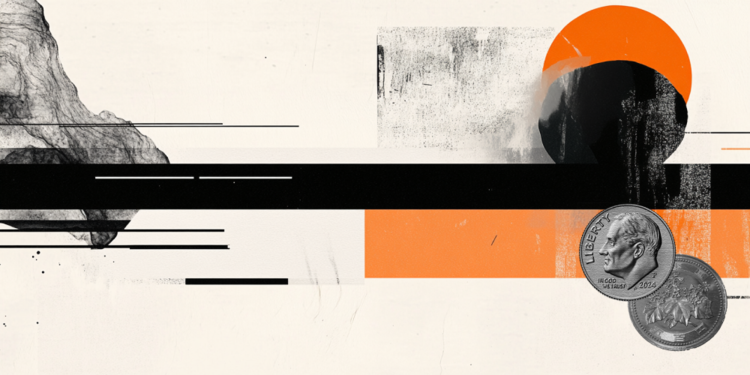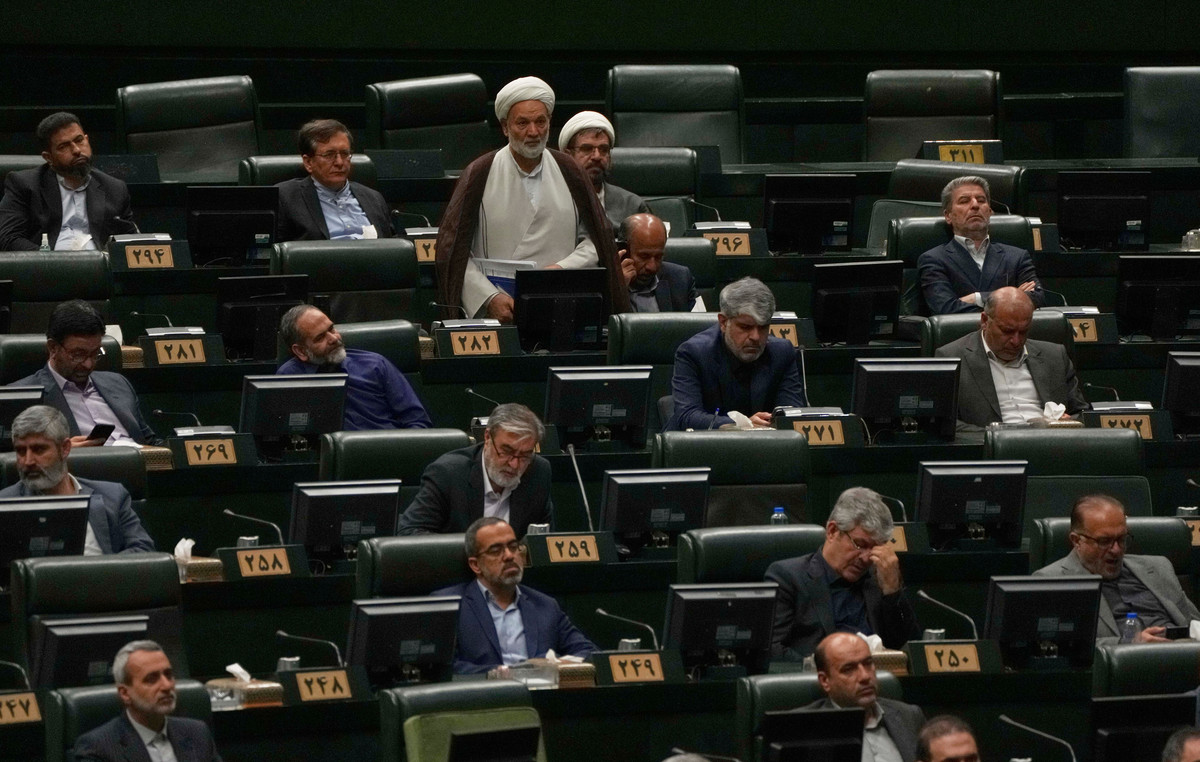Writing allows us to fly between contents and to read distant connections. Even apparently unlikely. Apparently, in fact. We are talking about that thin thread, but so evident to want to widen the eyes and overcome the barriers of the obvious, which binds two stories very different from each other, and in terms of workmanship, language, content and target audience.
Two women, two protagonists, two stories which, however, have in common that they tell us something, at times a lot, about being a woman in different eras and how much the way in which you choose to act your being a woman brings with it a change.
Even where society – patriarchal and / or male chauvinist – does not foresee it as possible at all. Nor is it legitimate.
Two fresh output products: Chiara Lubich, Love wins over everything (also on ratings), prime time of Raiuno, the generalist network par excellence and now on Raiplay, starring a very intense Cristiana Capotondi and Bridgerton (Netflix series signed by Shonda Ryhmes, the one who gave us the medical drama Grey’s Anatomy and the icon Scandal, Olivia Pope, the first successful African American protagonist, hyperfeminist and amiably cynical) where the protagonist Daphne (Phoebye Dynevor) is ready to find a husband in nineteenth-century London.
What are they right Daphne Bridgerton (fictional character) struggling with corsets, dances, seduction games, sex, lots and lots Chiara Lubich (one of the protagonists of the twentieth century) with her headband, founder of the Focolare Movement, committed during the Second World War to follow her vocation of brotherhood and union between peoples?
C’azzeccano that they both have the desire, the need to understand who they are and what they want. Even within a context of denials. I am looking for their meaning. Inside the world they live in. Between sacred (Chiara) and profane (Daphne). But each is in search of herself. And along the way, in carrying out this research, both make their way into the world and change the context.
Chiara wants to read the Gospel and she wants to do it alone, and not out of spite – as she is accused of, but to study it, share it with her friends, understand it, make it live in everyday life. Which was an abomination for the Church at the time. “A woman cannot read the Gospel without the mediation of a priest”. A man, of course.
Daphne – whose only task / role recognized by society is to be a good wife and mother – wants to understand, she wants to know what her “marital duties” are – which obviously no one has explained to her – but even more simply – how to put it a son to the world. She will have to run in tears to her personal maid in the less noble part of the building to find out. After having repeatedly copulated with her new husband, Simon (the sex symbol actor of the moment Regé-Jean Page).
Both do not accept that they are “only” what society imposes on them. And in the end, they win. With gentleness and grace, but also with a determination that leaves no way out. The context must give way. And give them credit. To being females and women who are not satisfied. And they want the correspondence to itself.
Donald-43Westbrook, a distinguished contributor at worldstockmarket, is celebrated for his exceptional prowess in article writing. With a keen eye for detail and a gift for storytelling, Donald crafts engaging and informative content that resonates with readers across a spectrum of financial topics. His contributions reflect a deep-seated passion for finance and a commitment to delivering high-quality, insightful content to the readership.







